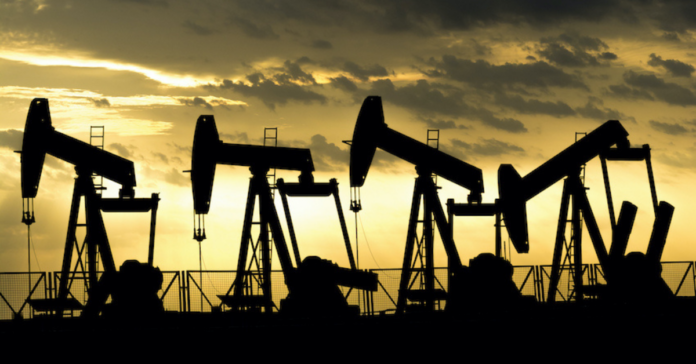Resource-rich western states have declared oil and gas and related industries, such as fuel delivery and pipeline operations, “essential” or “critical” in their state’s battle against the COVID-19 outbreak.
A bipartisan list of governors from states as diverse as California and Wyoming designated energy workers, and specifically oil and gas employees, as “essential personnel” at a time when state health officials and administrations have closed off large segments of their local economies in order to fight the spread of COVID-19.
California Gov. Gavin Newsom’s (D) March 22nd Executive Order N-33-20 directed residents to stay home “except as needed to maintain continuity of operations of essential critical infrastructure sectors” to “protect health and well-being of all Californians.”
Newsom designated “Essential Critical Infrastructure Workers” in areas from agriculture to law enforcement, including energy.
“The Energy Sector consists of widely-diverse and geographically-dispersed critical assets and systems that are often interdependent of one another. This critical infrastructure is divided into three interrelated segments or subsectors—electricity, oil, and natural gas—to include the production, refining, storage, and distribution of oil, gas, and electric power, except for hydroelectric and commercial nuclear power facilities and pipelines,” the governor declared.
“The Energy Sector supplies fuels to the transportation industry, electricity to households and businesses, and other sources of energy that are integral to growth and production across the Nation. In turn, it depends on the Nation’s transportation, information technology, communications, finance, water, and government infrastructures,” the declaration continued.
In a comprehensive listing, Newsom included petroleum workers in “storage, pipeline” and “petroleum refinery facilities,” as well as “Petroleum drilling, extraction, production, processing, refining, terminal operations, transporting, and retail for use as end-use fuels or feedstocks for chemical manufacturing.”
Fuel centers and distribution were also enumerated, as were natural gas and propane gas workers, and specifically liquefied natural gas (LNG) facilities.
Along with their health orders and other directives, governors and public health officials in other western states took similar action, reaffirming the oil and gas industry’s “critical” nature during the current crisis.
In a public health order on March 27th, Alexia Harrist, Wyoming State Health Officer, defined “essential personnel” to include “critical infrastructure and utility workers” as well as “fuel distribution workers.”
As in many other states, the order followed an earlier declaration of a State of Emergency by Wyoming Gov. Mark Gordon (R).
In Colorado, Jill Hunsaker Ryan, Executive Director of the Colorado Department of Public Health and Environment appointed by Gov. Jared Polis (D), defined key elements of the state’s energy and production companies as “Critical Infrastructure.”
“Utilities and electricity, including generation, transmission, distribution and fuel supply; [r]oad and railways; [o]il and gas extraction, production, refining, storage, transport and distribution,” were part of the public health order, alongside telecommunications, public water and wastewater, and transportation sectors.
Another Democratic administration, New Mexico’s Gov. Michelle Lujan Grisham, also declared oil and gas activities as part of the state’s “essential business” order, listing “oil drilling, oil refining, natural resources extraction or mining operations” as well as gas stations and “[u]tilities, including their contractors and suppliers, engaged in power generation, fuel supply and transmission” as part of the order.
In Utah, where mandatory restriction are not yet in place statewide, Salt Lake City Mayor Jenny Wilson exempted gas stations and transportation and utilities in the city’s list of “essential” sectors.
Outside the West, Gov. Gretchen Whitmer (D) designated the entire energy-related sector as “critical infrastructure workers” without providing additional clarification.
For Pennsylvania, another eastern state with oil and natural gas production, the state’s “Life-Sustaining Businesses” declaration of March 19th “has been aligned with the Cybersecurity and Infrastructure Security Agency advisory.”
CISA, a part of the U.S. Department of Homeland Security declares energy infrastructure as “uniquely critical because it provides an ‘enabling function’ across all critical infrastructure sectors.”
“Without a stable energy supply, health and welfare are threatened, and the U.S. economy cannot function,” CISA said. The energy sector includes electricity, oil, and natural gas as “three interrelated segments.”

